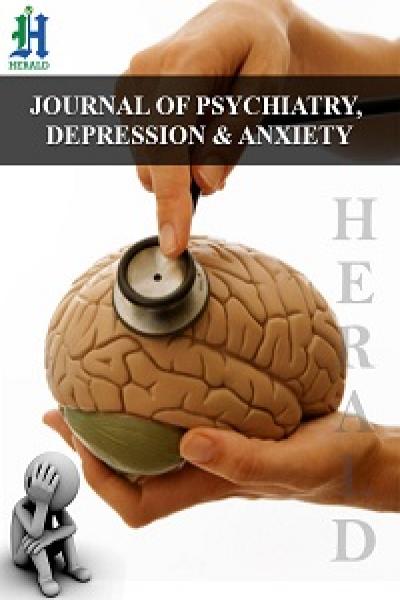
Psychiatric Rehabilitation
Psychiatric rehabilitation is a set of interventions aimed at helping individuals with persistent mental illnesses achieve their highest level of functioning and independence. Unlike acute treatment that focuses on symptom reduction, psychiatric rehabilitation emphasizes skill-building, recovery, and community integration. It includes vocational training, supported employment, social skills development, housing support, and psychoeducation. These services are often delivered by multidisciplinary teams consisting of psychiatrists, psychologists, occupational therapists, social workers, and peer support specialists. The goal is to empower individuals to lead meaningful lives despite ongoing mental health challenges.
Psychiatric rehabilitation is particularly beneficial for those with conditions like schizophrenia or bipolar disorder, who may experience long-term functional impairments. The approach is holistic, person-centered, and recovery-oriented, recognizing that recovery is a deeply individual process. It also aligns with the principles of community psychiatry and is vital for reducing hospital readmissions, enhancing quality of life, and fostering social inclusion and autonomy.

